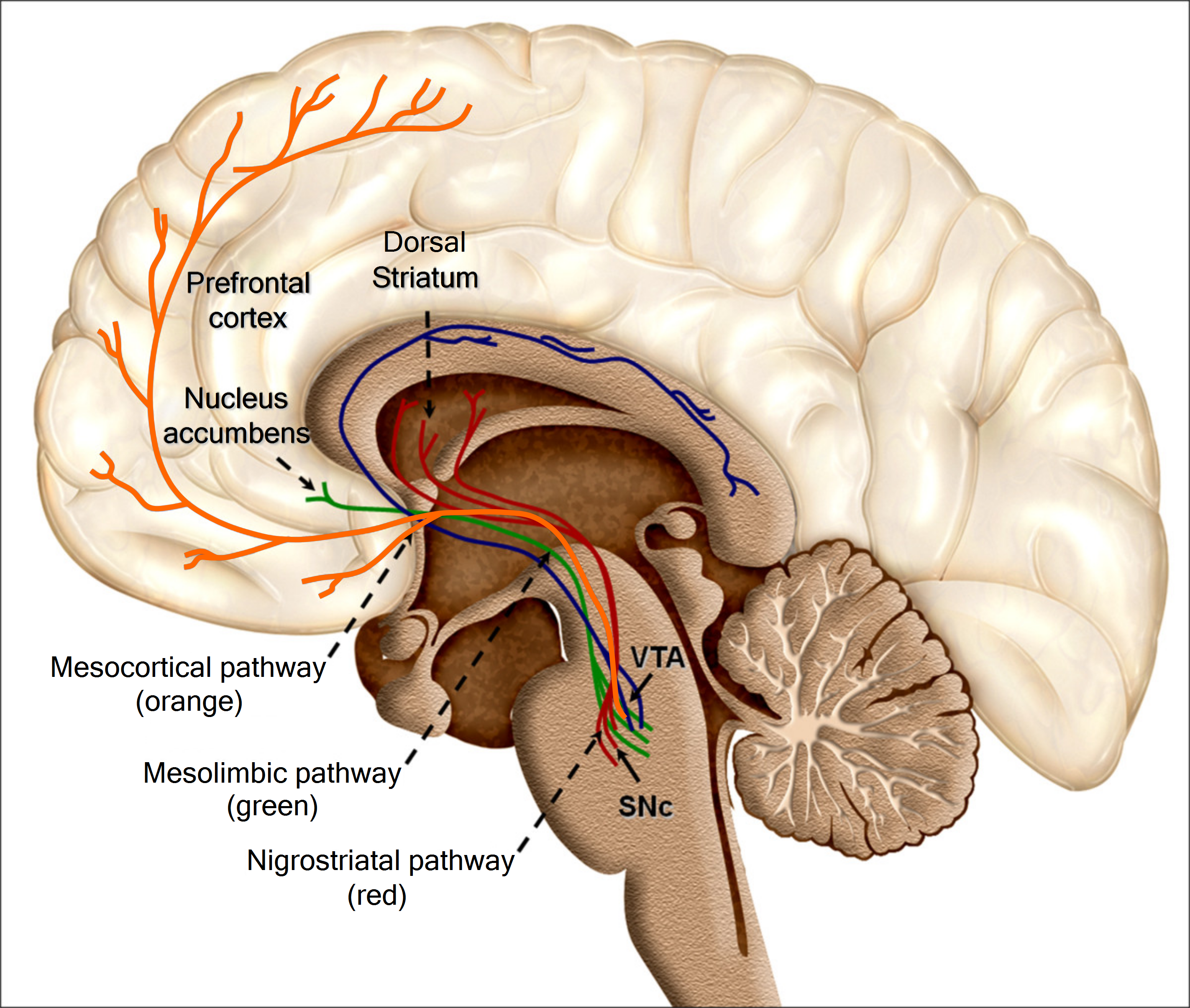
I always used to look for everything in my relationships virtually and non-virtually. Until l realised that by doing that l was actually creating my own stress and disappointment in the process.
Nowadays do relationships seem harder than ever to you? Could this be in part because most of our interactions take place online in the virtual world and via social media. Whilst this can be incredibly handy, at the same time is it hindering us in addressing some core questions about staying in those relationships because it is so easy? Is being part of the ‘Switched on culture’ making us lazy in how we connect, maintain and commit to our relationships?
Just like our identities change because our values change due to our ongoing experiences. Living in the same identity or reality when you have evolved is what will keep you stuck. Can the same then be said for how our we act around our relationships?
On a recent Spring clean through my wardrobe of personal relationships (whilst mercury was retrograde always a good time for reflection). l did some soul searching and pondered upon the question can one friendship satisfy all of our needs according to how we feel on a particular day? Or do we pick who we see and when we see them according to how we feel? Just like we pick what to wear according to how we feel on any given day and is that a good or bad thing or is that the way it should simply be?
Whilst there are many scientific and neurobiological reasons that influence who we are attracted to such as gender, kin and social status which are all namely important for reproduction and survival. Do we really understand the purpose of those attractions and how to evolve within and outside of these relationships? Do we know when we have organically outgrown a relationship/friendship? And more importantly why do we stay past the expiry date?
Our brains are wired to be social for example, the occipital cortex is responsible for how we observe others. An evolutionary ancient pathway connecting the superior colliculus controls basic visual information along with the amygdala which sits at the very heart of regulating strong human emotions. Along with the Dorsal prefrontal cortex (PFC), Ventromedial PFC, the Hippocampus, and the Insula to name but a few brain areas. Involved in our approach to ongoing emotional reactions; reappraisal and acceptance. Reviewing our relationships from a more radical self-care perspective. Looking at which ones are more supportive, stable and positive relationships. Can help us buffer stress, promote a sense of general Well-Being and enjoy our connections.
Illustrattion: Social connection activates the reward system of the brain. Oscar Arias-Carrión1, Maria Stamelou, Eric Murillo-Rodríguez, Manuel Menéndez-González and Ernst Pöppel. Substantially modified by Seppi333 – Oscar Arias-Carrión1, Maria Stamelou, Eric Murillo-Rodríguez, Manuel Menéndez-González and Ernst Pöppel. Dopaminergic reward system: a short integrative review International Archives of Medicine 2010, 3:24 doi:10.1186/1755-7682-3-24http://www.biomedcentral.com/1755-7682/3/24/

Not too long ago this topic of how to manage relationships was at the very core of a coaching session that l experienced. With my client feeling overwhelmed and pressured to behave in a certain way or say yes to everything she was invited to. She often felt depleted because she had no boundaries in her relationships and often found herself out of pocket because of saying yes, all the time to please everyone. For fear if she didn’t her friends might socially exclude her from the group. Perhaps more importantly this pressure was also having other implications for her business and her soul relationship. As a result of these sessions l came up with these 6 Soul Saving strategies to Spring Clean & Save Your Relationships:
- Make a list of everyone that is still in your life.
- Then put them into the following columns: Acquaintances, School, University, Work, Family, Partner.
- Note how often you see or speak to them.
- Who do you really enjoy spending time with?
- Who lifts you up and supports you and who doesn’t?
- How many of these relationships are mutually beneficial?
- The goal here is to be brutally honest with yourself in determining just how many of these relationships you are in by habit or obligation. Perhaps more importantly, how many of the important relationships are you stifling by spending less time on them. These strategies can provide a pivotal turning point for you to understand each of your relationships and help you cull what is no longer working for you.
Therefore, can taking the time to review our relationships from time to time save us from resentment, disappointment and frustration? Can a regular Relationship Soul Spring Clean save the relationships and friendships that matter to us the most from extinction? And do our brains benefit in the process by regulating the areas that are used in social interaction?
A Relationship Soul Spring Clean can give us the ability to be able to see and hear each individual’s personality. In turn providing us with a deeper understanding of:
- How we have evolved?
- What we need in our relationships with others?
- Why we’re attracted to those people?
- The place they have in our life?
- What type of relationship do we or will have with them and finally if it’s going to be mutually beneficial.
- Cultivating an environment for more honest and open communication, resonance, acceptence and connection.
“Connection is the energy that exists between people when they feel seen, heard and valued; when they can give and receive without judgment; and when they derive sustenance and strength from the relationship.” — Brene Brown Author & Professor of social work at the University of Houston
Bio
I am a Self-Esteem Coach and an ACT therapist focusing on the trending topics around the impact of technology on Self-Esteem and Relationships within the Millennial Soul generation from a societal and economic perspective. I have a rich and diverse background of working with Human behaviour from a Holistic as well as Scientific and Academic background. Coaching and mentoring others around transition and change socially and economically within the Health, Corporate and Academic sectors. Using innovative thinking and research in teaching the science of movement, mind, and behaviour for over 15 years. My innovative approach has been recognised and featured in various blogs, podcasts, and publications including Psychologies Magazine and Women’s Health and Fitness, BBC Radio, Global Clinical Psychology Conferences, Coaching Conferences, and Yoga & Well-Being Shows. I am a member of the Coaching Alumni at the University of Cambridge where l’v coached on the Queens Leaders Programme, Peer Coaching Supervision group. Regularly guest lecturing on the Undergraduate Programme for Coaching at the Institute of Continuing Education, Cambridge. An Affiliate member of the American Psychological Association and a member of the Association for Contextual Behavioural Science.
www.evolutionaryflow.com/ss-coaching-programmes
Insta: salemaveliu
Twitter: rebeltrueblazer

